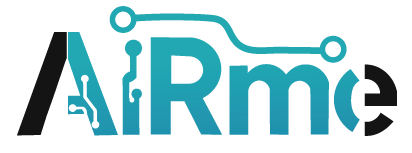Blogs

In the world of artificial intelligence (AI) and computing, researchers are always looking for new ways…

In today’s digital age, cyber threats are evolving at an unprecedented rate. One of the most insidious…

As the digital age continues to advance at a rapid pace, the demand for data storage, processing, and…

The evolution of mobile networks has been one of the most significant technological advancements of the…

Quantum computing has long been considered the next frontier in the world of computing, with the promise…

AI-Powered Video Generation: Opportunities and Ethical Concerns
The emergence of AI-powered video generation…

The Quantum Race: Google, Microsoft, and Amazon’s Competing Chips
Quantum computing, once considered…

The Importance of Regular Software Updates
We’ve all heard the phrase, “better safe than sorry,” but…

Introduction
In the rapidly evolving landscape of artificial intelligence (AI), new ethical stances…
No posts found

